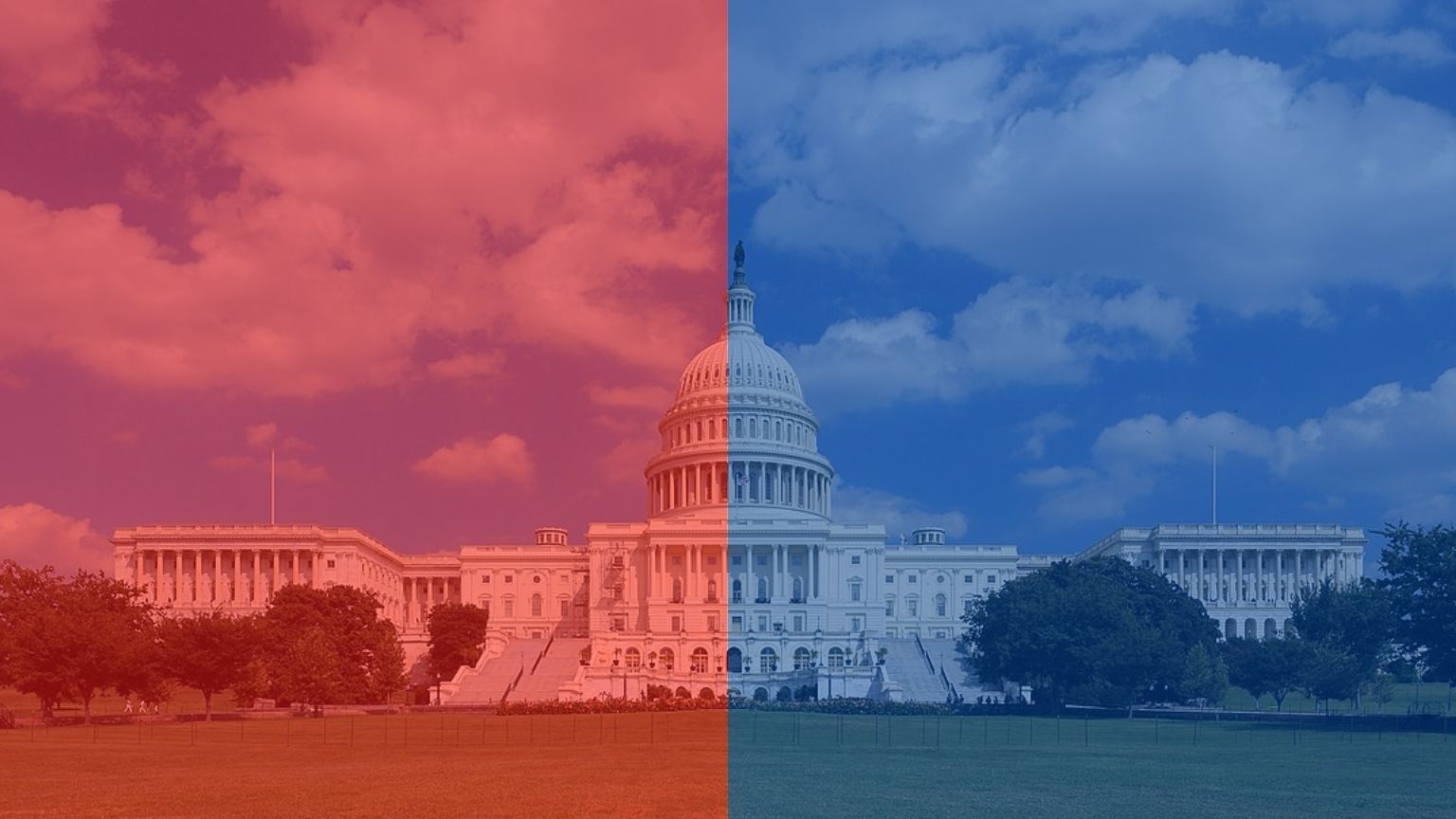The American Innovation and Choice Online Act has been green-lit in the Senate Judiciary Committee, where it received bipartisan support with five Republicans joining Democrats in a 16-6 vote on Thursday. A sister bill has already been adopted by the House Judiciary Committee.
This is considered an important milestone for the bill’s potential adoption by the Senate, while the proposed legislation is said to be designed to deliver “major” reforms that would affect Big Tech – Amazon, Apple, and Google in particular.
We obtained a copy of the bill for you here.
Lobbying organizations representing Big Tech remain strongly critical of the bill, but anti-monopoly groups are happy to see progress in its adoption.
The bill was drafted to stop dominant corporations from giving preference to to their own products and services, thus discriminating against competitors who use their platforms. If passed, it would prohibit these monopoly-like entities from using search and other functions to unfairly promote their own apps, listings, etc.
A rare amendment that was adopted before the vote – there were more than 100 submitted – has to do with putting hurdles in the way of countries considered as adversaries, like China, from using the proposed act’s provision that says dominant companies must let competitors interoperate in order to gain access to US users’ data.
Those whose amendments were ignored at this stage of the legislative process will hope to have them incorporated before the final vote in the Senate. Among those who were hesitant to vote in favor of advancing the bill in the committee were two Democrat senators from California, Dianne Feinstein and Alex Padilla – because most of the corporations that would be affected are headquartered in that state.
The bill is still a long way from a Senate vote due to a busy legislative schedule. And before this happens, Big Tech is unsurprisingly turning to lobbying, PR, and pressure. According to Senator Ted Cruz, who voted in favor of the draft, he spent 40 minutes on the phone with Apple CEO Tim Cook discussing it.
Cruz shared that Cook’s argument was that the bill would somehow “make it harder” for users to avoid monitoring from apps – but the senator disagreed.













